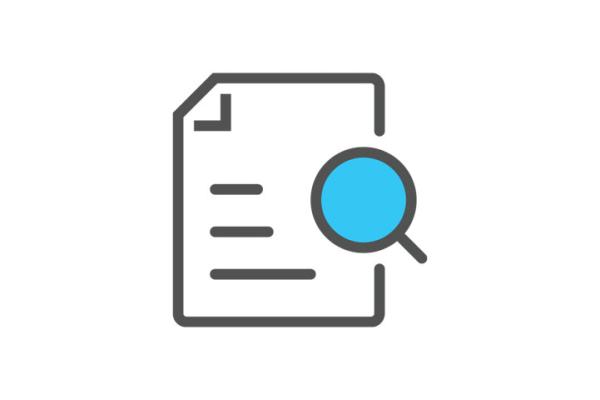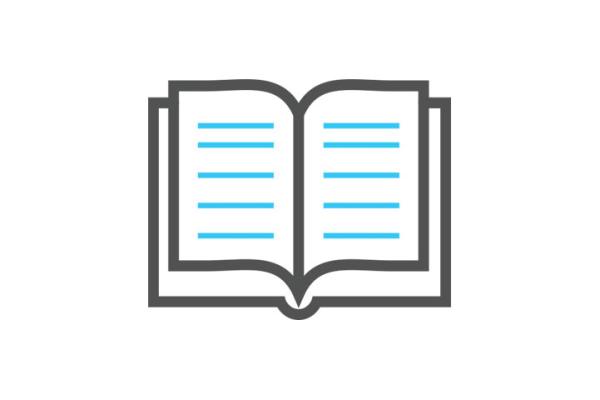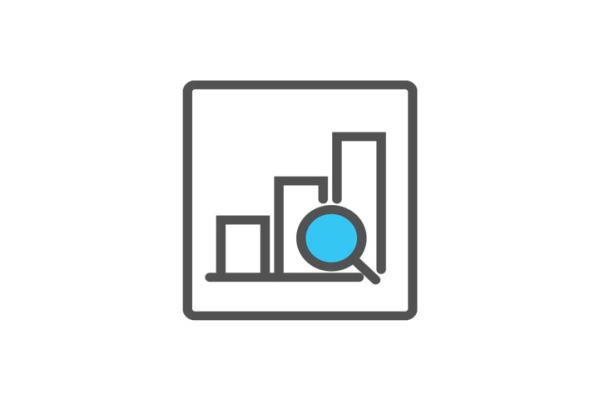Vaccination plays a vital role in protecting humans against the flu (influenza). In the European Union it is estimated that vaccination against seasonal influenza alone prevents up to 37,000 deaths each year.
Vaccination against influenza is highly recommended for at-risk groups. These include elderly people, pregnant women and children and adults with either weakened immune systems or chronic health conditions, who are more likely to develop a severe form of the disease.
Seasonal vaccines
As seasonal flu viruses evolve every year, vaccines need to be re-administered annually to ensure they remain effective. In 2014, the European Commission issued a Commission Staff Working Document providing an interim analysis of the state of play of implementation on the progress of the Council Recommendation on seasonal flu vaccination, urging EU countries to commit to vaccinating 75% of at risk groups against seasonal flu each year.
To ensure citizens have access to safe, effective vaccines, the Commission works with:
- European medicines agency (EMA)
- European centre for disease prevention and control (ECDC)
- Other interested parties.
Pandemic vaccines
When a pandemic occurs, the Commission assists EU countries in the coordination of their response, including measures related to vaccines. In 2009 for example, it assisted in the development of national vaccination strategies against pandemic H1N1 influenza (or "swine" flu).
On 29 March 2019, 15 Member States and the European Commission signed framework contracts with the company Seqirus for the production and supply of pandemic influenza vaccines under the Joint Procurement Agreement to procure medical countermeasures. These contracts primarily guarantee access of EU citizens to pandemic flu vaccines in these Member States, representing around half of the EU population, in the event of an influenza pandemic.
Additional information:
- A Europe that protects: framework contracts for pandemic influenza vaccines
- Memo on Framework contracts for pandemic influenza vaccines
As the development of a vaccine can only take place once the virus has been identified (which can take several months), the Commission together with the European Medicines Agency (EMA), has taken measures to speed up the marketing authorisation procedure once a pandemic is declared.
The Commission also works with the European Medicines Agency (EMA), the European Centre for Disease Prevention and Control (ECDC) and other relevant stakeholders to create an effective system for monitoring adverse reactions once a vaccine is in use.






